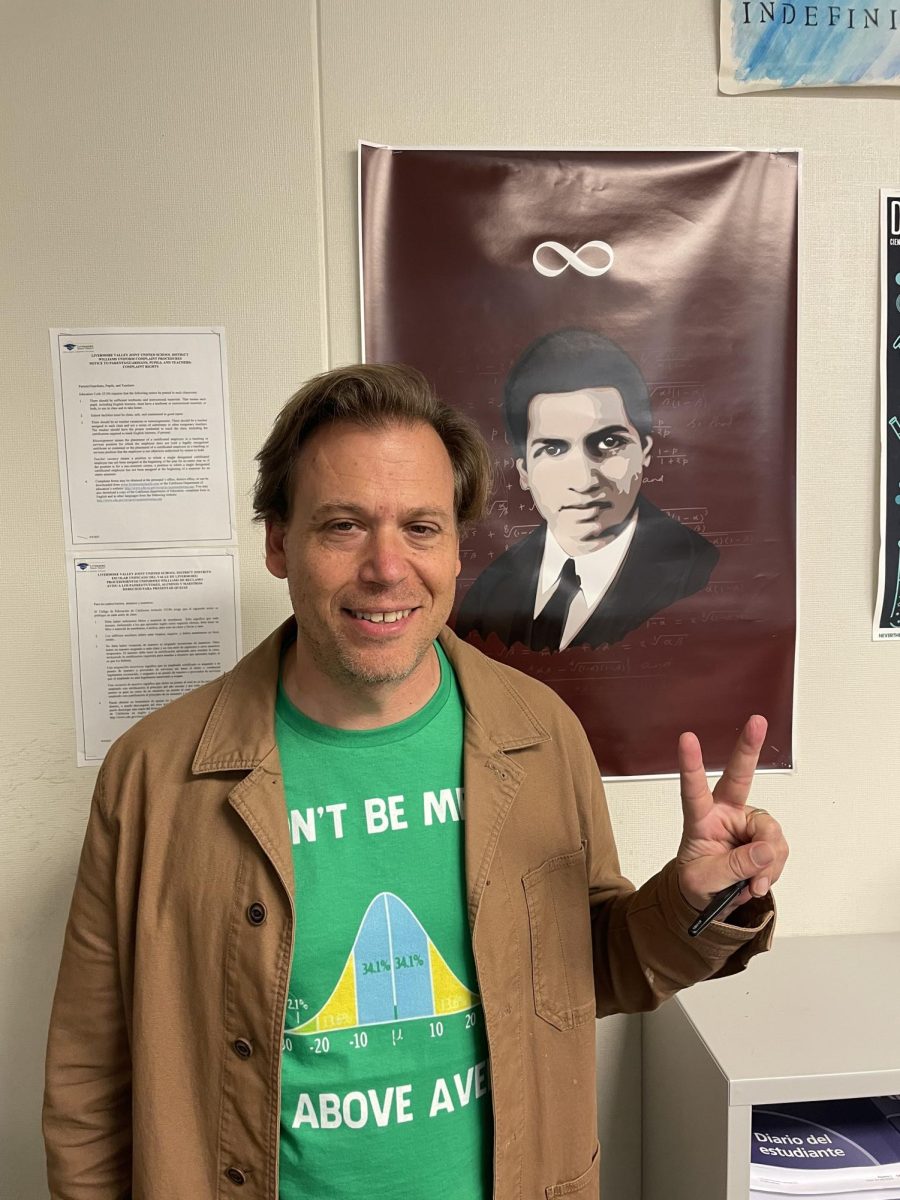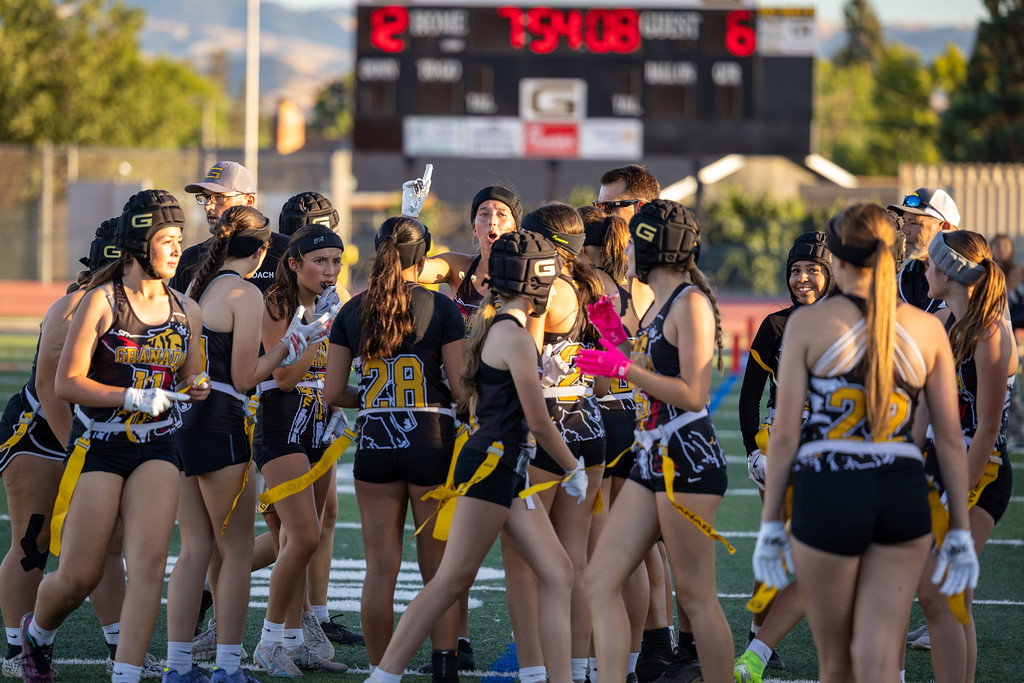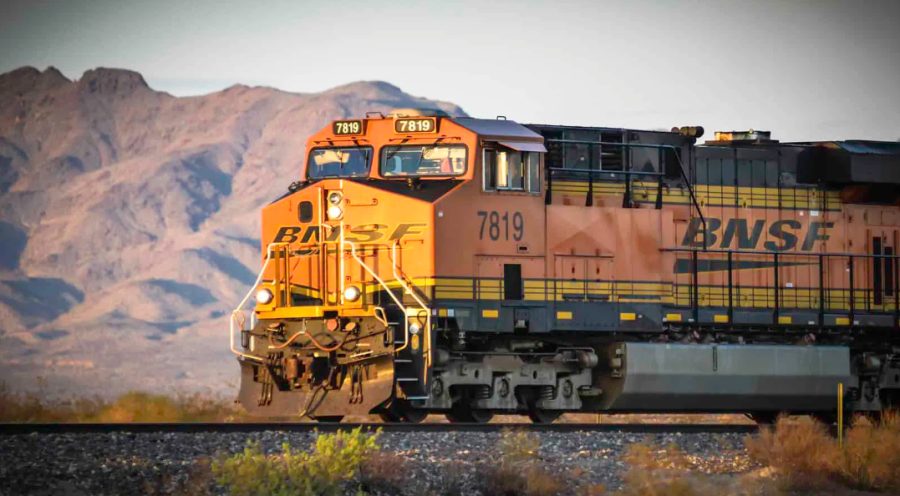What the Railroad Strike Could Have Done and Why It’s Still Important
September 16, 2022
Today, we expected the first national railroad strike in 30 years to start. It was thankfully averted by President Biden, but that doesn’t mean it isn’t still concerning. Here’s what it almost did, and could still do, and what it says for the future.
If the railroad strike was to have occurred, it would have been terrible for our already suffering supply chain and delayed very important deliveries, such as chlorine to water treatment plans, leaving many Americans without clean drinking water. It would also have had a big impact on our economy, as Patrick Anderson of the Anderson Economic Group stated that a strike would have cost tens of millions of dollars, and the cost would only keep growing. It would be disastrous for our agriculture and for farmers as needed items such as grain would have to be stored and unable to be sold in stores, hurting customers and the farmers who will not be able to sell their crops.
Actions to stop the strike occurred mainly earlier in the week when on Monday President Biden called both railway carriers and unions to the White House to try to have them both agree to a deal. Efforts on that day were unsuccessful. Meetings were also being held with the Departments of Agriculture, Transportation, and Energy to address the impact of a strike.
But the issue that needed to be addressed would not be taken care of, the main reason for unions threatening a strike. Main railway carriers had been enforcing harsh attendance policies based on points, where workers would be penalized and at the threat of termination if they took a sick day or went to the doctor. Railway workers would also have their points taken away and be reprimanded for taking time off or responding to family emergencies.
In response to the allegations of the unions, The National Carrier’s Conference Committee responded and denied that workers were punished for taking sick days and justified their point-based attendance policies, marking them as necessary.
But the unions maintain their main grievances with carriers, stating they have even stopped asking for paid sick days but will continue to fight for fair attendance policies. According to workers, the policies of two of the biggest railway carriers- Union Pacific and BNSF- are based on a point-based system where workers could be fired for running out of points or missing work on high-impact days even if the worker is scheduled to be out that day or needs to respond to a personal or family emergency.
Railway carrier’s attendance-policies is the matter that unions refuse to budge on, with Dennis Pierce, president of the Brotherhood of Locomotive Engineers and Trainmen, stating, “They have refused to accept our proposals…The average American would not know that we get fired for going to the doctor. This one thing has our members most enraged. We have guys who were punished for taking time off for a heart attack and covid. It’s inhumane.”
An emergency board appointed by President Biden back in July had ordered a federal cooling-off period that would keep railroad workers from striking until today, which at that point the President would not be able to stop them from striking.
Thankfully, in the early morning of Thursday, a deal was made with the railway carriers and unions, orchestrated by President Biden’s committee. According to the White House, a verbal agreement was reached between carriers and the unions. Inside sources credit some of this success to President Biden, who stressed to the carriers and unions what harm could be done by a strike. Jeremy Ferguson, president of the conductors union, thanked President Biden for helping in the negotiations and stated, “We’re very proud of what was accomplished.” The deal is in favor of the unions with it including raises and bonuses for workers as well as new attendance rules that work well with the workers.
It’s still frightening what could have been, and it still doesn’t mean that strikes can’t happen in the future as the deal still needs to be ratified by some union members. It’s also frightening how long it took for the unions to get what they wanted, as this fight between the railroad carriers and unions has gone on for several years. Republicans in Congress had also prepared legislation that would have sided with the railroad carriers and not have fixed the issues brought up by the unions.
This doesn’t mean that railroad workers won’t strike someday in the future, and it’s a warning to businesses and to us that workers are ready to fight for what they want. Now more than ever the importance of workplace safety and the rights of workers have been stressed by workers who will no longer stand for mistreatment. It seems fine now, but this can be a warning to big businesses about how far and how long workers are willing to fight.






























Aidan Ho • Dec 5, 2022 at 12:49 pm
Nice article, I didn’t know this event had occurred so I found this pretty interesting!